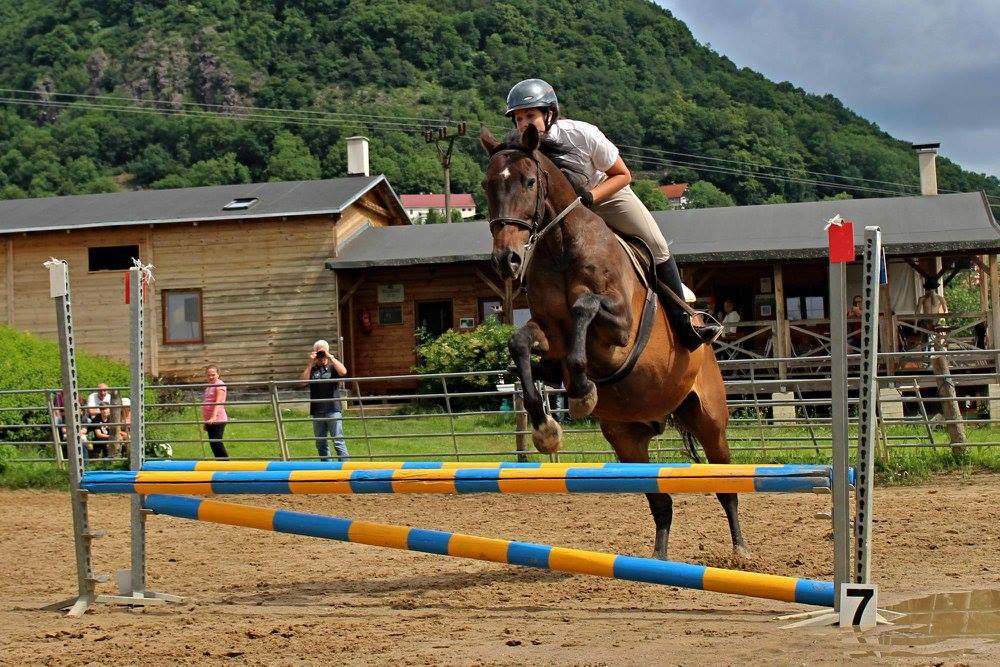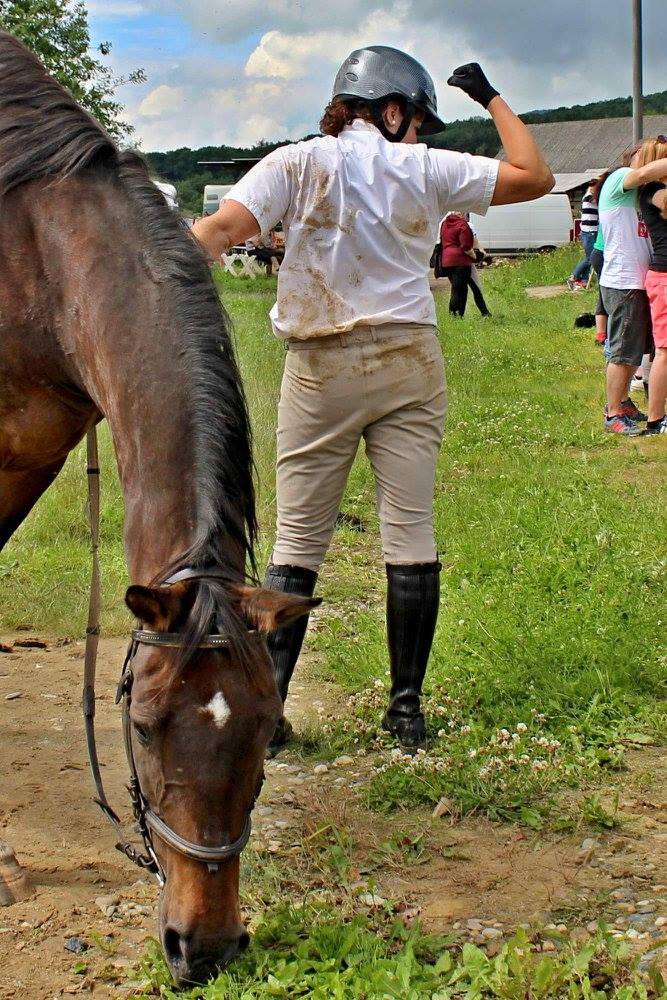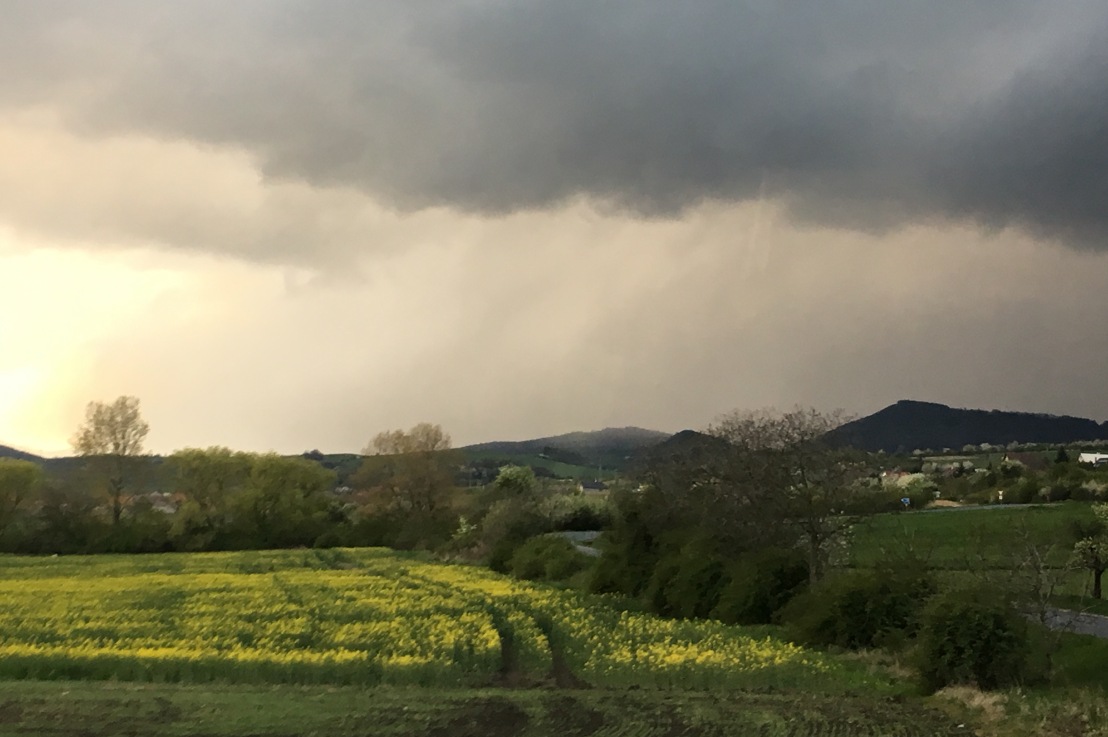
It’s a good question. How am I supposed to answer that? Five hundred twenty-five thousand six hundred… interactions? Pages read? Accomplishments in my new country? I don’t know and to be honest I haven’t kept track.
How do you measure linguistic knowledge?
Is linguistic knowledge the same as fluency? Is total understanding necessary for fluency? Is flawless grammar and a wide range of vocabulary the basis for fluency?
I mean…
I’ve gotten my property stolen and given police reports.
I’ve been lost in the woods and gotten home, relying only on a local with a speech impediment.
I’ve started a business.
I’ve made friends to cry with, laugh at nothing with, get drunk with, and who will let me sleep on their couches when I can’t make it home (where is home, anyway? Whoops, let’s not pull at that string…)
I’ve testified in court.
I’ve been on national live TV.
I’ve held jobs in multiple sectors and taught multiple age groups in multiple subjects.
I’ve performed simultaneous interpreting at international conferences.
I got my drivers’ license, paid parking tickets, and have dealt with immigration and social services in small towns, big towns, and the capital city.
I’ve gotten myself to the ER, physical therapy, and specialist doctor visits, and as a lay-interpreter, accompanied other foreigners to the same.
I have read a couple of books in Czech, watched several films in Czech, regularly read articles in Czech on a variety of topics.
But when someone says, “it’s good” in response to my apology, I don’t know if they forgive me.
If someone complains nonstop about their atrocious working conditions, I don’t know why they won’t complain to the boss, or change jobs, or why they patronizingly tell me “oh, that’s not how things work here.”
When people are making long lines outside the bank to pick up commemorative banknotes, I don’t know why they say they are waiting for bananas.
When someone says, “we can talk it out,” I don’t know if they mean we will compromise, or if they will do what they want and make my life miserable unless I do too.
When I offer a guest something at my house and they say no, I don’t know if they really mean no or if I need to ask again and then prepare something anyway, or else I will seem stupid and rude.
When someone says they need to discuss something with me, I don’t know if they mean “we are all mad at you and you’re going to regret bringing this up,” or “let’s exchange some ideas about a topic that concerns both of us,” or “we are going to argue about something and it’s gonna be a fight.”
When I say “I mean it well” and they respond with “I don’t take it badly,” if I am supposed to feel badly for saying it as I did, or deal with it further, or let it go, or, or, or…
When they say, “we Czechs are direct, we will tell it like it is,” it doesn’t take you long to see that they use that as an excuse to be belittling, condescending, rude, or cruel.
I can talk clinically about the mechanics of artificial insemination in domestic animals and discuss radiographs and blood test results in humans and animals, but I don’t feel comfortable talking about my work/life balance with my mother-in-law.
I can give detailed descriptions of perpetrators and play-by-play relayals of events, but I can’t explain why I once misunderstood the words záda (back) and zadek (butt).
I can tell amazing jokes and make people laugh, but I am never totally sure if they are laughing with me or at me.
At conferences, if I have been listening to expert presentations all day, I couldn’t form the sentence “vidím Spota, jak běhá” (I see Spot run) to save my life.
In most every conflict, I try to be humble and take responsibility, and the other person either dismisses the problem or heaps more shaming and more responsibility for the conflict onto me, without accepting any responsibility.
When someone asks me why I am angry, all I can do is splutter. Even if I speak slowly and quietly and stick to the facts, I still get the same treatment as someone who is emotional, unpredictable and crazy.
Language is about more than words and grammar and syntax. Language is expression, and understanding. Language is connecting meaning to our experiences. Language is a way to connect as is necessary and distance as is beneficial.
By that definition, I don’t even know if I am fluent in English.

My other languages expand my mind and my understanding, and they give me countless beautiful opportunities I would not have had otherwise. I know if I stayed home and never experienced another culture, I would experience the same human angst as I do when I get strung up on the language barrier. But would it be such a lonely angst? I will never know.
So the answer is no, I guess I’m not fluent. But maybe I am as fluent as any of us will ever be.



 This is not going to end well.
This is not going to end well.
 I do believe this training was important for Aba. However, I had hoped to show her all summer, ride her four days a week, and enjoy the summer from her back, and instead I watched her and myself getting fatter, and our fitness wasting away.
I do believe this training was important for Aba. However, I had hoped to show her all summer, ride her four days a week, and enjoy the summer from her back, and instead I watched her and myself getting fatter, and our fitness wasting away.





















 Anyone who can name all three songs, and their respective bands, referenced in the title gets a jednička (A).
Anyone who can name all three songs, and their respective bands, referenced in the title gets a jednička (A).













 Those who have been following my journey have known what a struggle immigration, assimilation, and self-identification have been since I’ve moved here. I’ve recently been confronted with negative views on immigration and racism, and it has hit me hard. I decided I felt both comfortable and uncomfortable enough to try and stand up to it in my little circle of influence: my classrooms.
Those who have been following my journey have known what a struggle immigration, assimilation, and self-identification have been since I’ve moved here. I’ve recently been confronted with negative views on immigration and racism, and it has hit me hard. I decided I felt both comfortable and uncomfortable enough to try and stand up to it in my little circle of influence: my classrooms.
